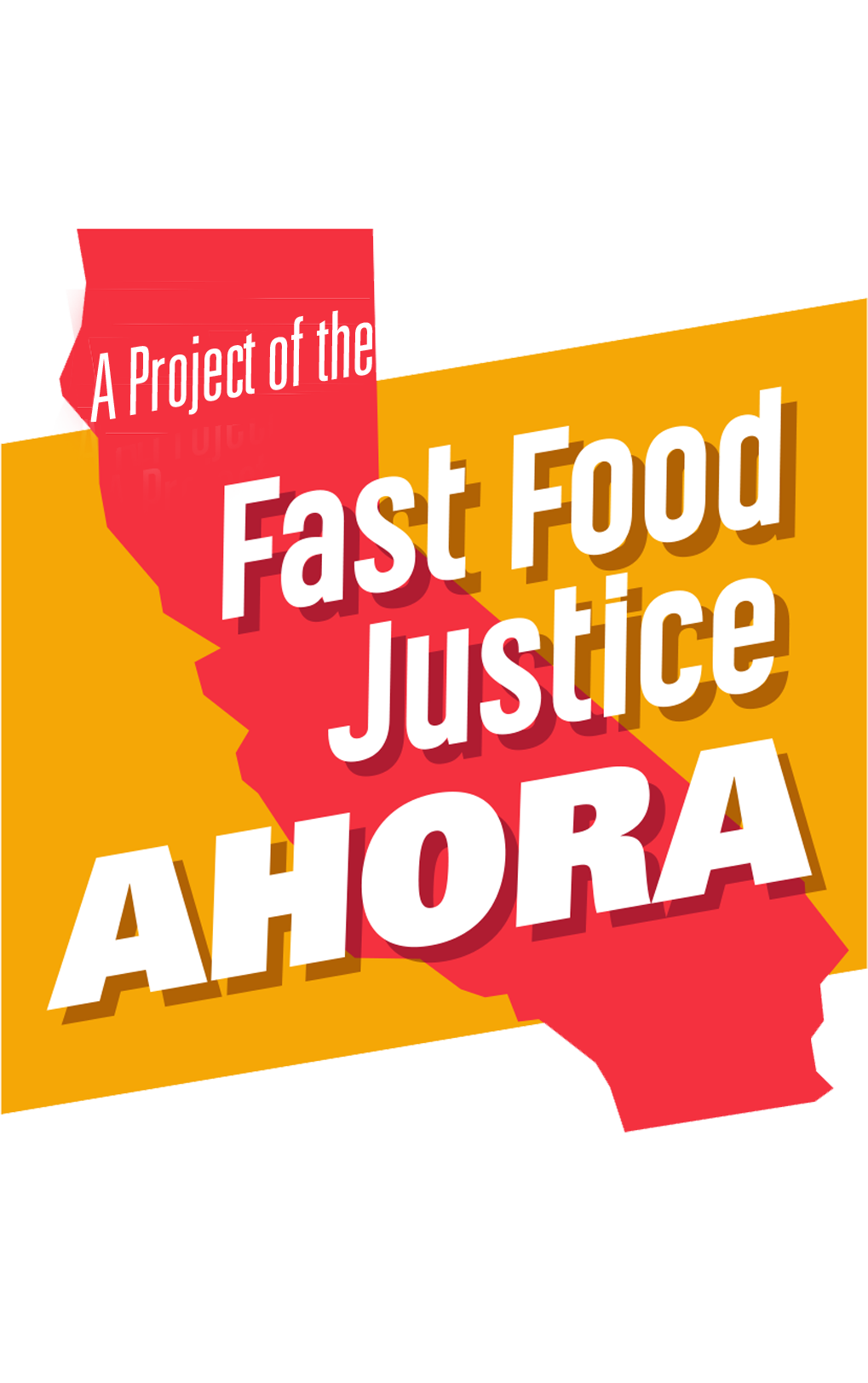
Friday, January 15, 2021
Fast Food Accountability and Standards (FAST) Recovery Act Comes in Response to Cooks’, Cashiers’ Demand for Increased Corporate Accountability Amid COVID-19 Pandemic
(FAST) Recovery Act Comes in Response to Cooks’, Cashiers’ Demand for Increased Corporate Accountability
SACRAMENTO – (Friday, Jan. 15, 2021) – As fast food workers nationwide strike for fair wages, today California State Assemblywoman Lorena Gonzalez (D-San Diego) introduced Assembly Bill 257, the first statewide legislation to address workplace health and safety issues that have long-plagued the fast food industry and have been exacerbated by the COVID-19 pandemic.
“While multi-billion dollar fast-food corporations are collecting record profits during the pandemic, their workers continue to be paid dismally low-wages and have to work multiple jobs to make ends meet. While putting their health on the line to serve customers, they are denied paid sick leave and forced to compromise their safety at work,” Assemblywoman Lorena Gonzalez said. “To address the failures of this industry to create secure, good quality jobs, fast food workers need the authority in state law to shape their own workplace standards and hold their employers accountable without facing retaliation.”
AB 257, known as the Fast Food Accountability and Standards (FAST) Recovery Act, will guarantee fast food workers at large chain fast-food establishments the ability to shape industry-wide workplace standards and empower workers to hold companies accountable for providing safe working conditions.
Since the start of the COVID-19 pandemic, the cooks and cashiers who make up California’s largely Latino, API and Black fast food workforce have shown up for work, despite many being denied basic protections like PPE and paid sick leave. In more than 200 complaints filed with state and local health agencies, workers have detailed harrowing working conditions such as COVID-19 outbreaks in their stores, being asked to wear doggie diapers or coffee filters as masks, and being forced to work sick under threat of retaliation.
“I have gone on strike over COVID-concerns 4 times since the beginning of the pandemic, one of my co-workers fought for her life on a ventilator, and one died of COVID complications,” said Laura Pozos, a worker at a corporate-owned and -operated McDonald’s in Monterey Park. “Despite walking off the job and making demands for basic protections, my co-workers and I are currently facing another COVID outbreak in our store. But COVID isn’t the first crisis workers like me have dealt with. In the face of low wages, a lack of benefits and job security, it has been clear that fast food workers need power on the job. Large fast-food chains can and must do better by workers. We hope the FAST Recovery Act can accomplish these two things.”
The FAST Recovery Act has the support of Fight for $15 and SEIU California, whose members have played prominent roles in the passage of landmark legislation for California workers such as the $15 minimum wage and a first-in-the-nation pandemic preparation law to ensure that healthcare and other essential workers have the PPE they need to stay safe on the frontlines.
“California has been a leader in workers’ rights, and the FAST Recovery Act ensures that fast-food workers have a seat at the table and a role in improving safety in an industry rife with workplace abuses,” said Joseph Bryant, SEIU California Executive Board member and SEIU 1021 President. “Whether you’re a fast food worker, gig driver, janitor, security officer, a nursing home or dialysis worker—every worker deserves to have a voice on the job. No essential worker should have to risk their lives or their families’ lives to earn a paycheck.”
In California, more than half a million workers make up the state’s fast food workforce. Despite being the largest and fastest growing group of low-wage, private sector workers in the state, fast food workers lack industry-specific protections. This has resulted in an industry riddled with wage theft, sexual harassment, health and safety hazards, discrimination, and workplace violence.
Since 2013, California’s fast food workers have organized and spoken out about their working conditions. Their movement successfully put the state on a path toward a $15 an hour minimum wage. On Friday, hundreds of California fast food workers have walked off the job in solidarity with other workers in 15 cities across the nation demanding a federal minimum wage of $15 an hour. Workers also voiced their support for the FAST Recovery Act to ensure California builds towards a more equitable economy when emerging from this crisis.
For questions or to schedule an interview with Assemblywoman Gonzalez, contact Sami Gallegos: samantha.gallegos@asm.ca.gov

